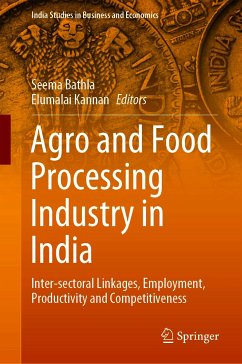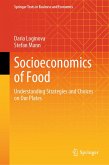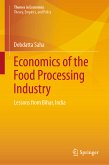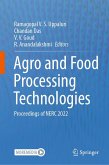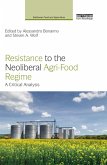This book provides different facets of agro and food processing industry in both organised and unorganised segments and brings forth the topical ones, each having potential to accelerate the pace of growth in employment, productivity and exports-imports in a free trade regime. Using computable general equilibrium model, input output tables and advanced econometric tools, it brings new evidences on the inter-sectoral (agriculture-industry-services) linkages, and inferences to be competitive in both primary and processed food exports.
India is increasingly striving to improve productivity and competitiveness in agriculture and manufacturing sectors. Taking advantage of the growing per capita income, urbanisation, changing food habits of the people and exports, a concerted policy focus has been to boost private investment in food processing, largely viewed as a sunrise industry. Higher investments and productivity growth in it are expected to contribute to large scale job creation and external trade not only in the manufacturing but also in the agricultural sector.
Keeping this in mind, considerable insights are featured in the book at the industry and firm levels due to a significant bearing of technological, tariffs and non-tariff barriers on their trade intensity, productivity and efficiency. Containing perspectives from the top agro-economists in the country, the book will be very useful to researchers, trade analysts, academicians and policy makers.
Dieser Download kann aus rechtlichen Gründen nur mit Rechnungsadresse in A, B, BG, CY, CZ, D, DK, EW, E, FIN, F, GR, HR, H, IRL, I, LT, L, LR, M, NL, PL, P, R, S, SLO, SK ausgeliefert werden.

